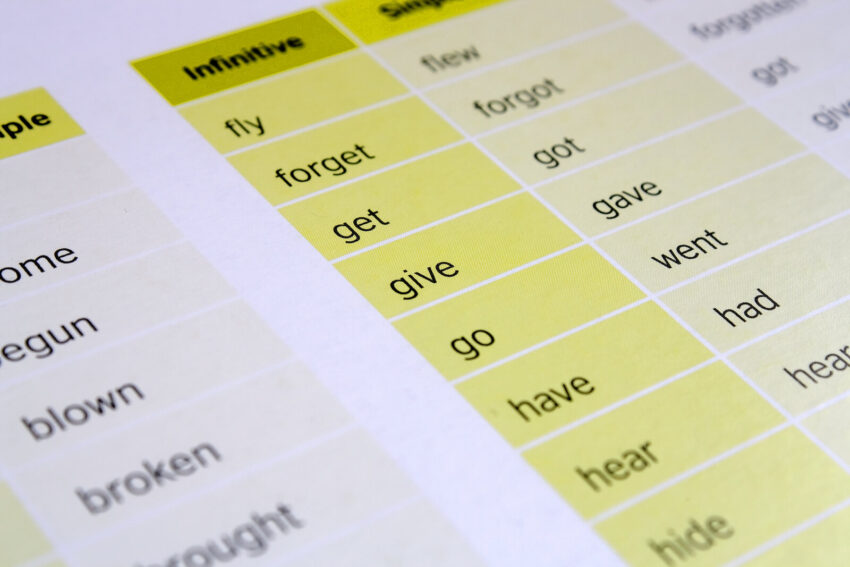Unraveling Complex English Grammar: Demystifying Verb Tenses
English grammar can be a daunting subject, especially when it comes to verb tenses. The correct usage of verb tenses is essential for effective communication, as it helps convey the timeline of events or actions. In this article, we will delve deep into verb tenses, unraveling their complexities and providing a comprehensive understanding of their usage.
Present Tense
The present tense is used when referring to actions happening in the present or general truths. It is the simplest verb tense, and its conjugation remains the same for all subjects. For example, “I walk to school every day” or “The sun rises in the morning.”
Past Tense
The past tense is used when referring to actions that have already occurred. Regular past tense verbs are formed by adding -ed to the base form of the verb, such as “walked” or “talked.” However, irregular verbs have unpredictable conjugations, such as “go” becoming “went.” For example, “I walked to school yesterday.”
Future Tense
The future tense is used when talking about actions or events that will happen in the future. It can be formed by adding auxiliary verbs like “will” or “shall” before the base form of the verb. For example, “I will walk to school tomorrow” or “They shall arrive next week.”
Present Perfect Tense
The present perfect tense is used to describe an action or event that started in the past but is still relevant to the present. It is formed by using the auxiliary verb “have” or “has” with the past participle form of the verb. For example, “I have walked to school before” or “She has studied English for five years.”
Past Perfect Tense
The past perfect tense is used to indicate an action or event that happened before another past action or time. It is formed by using the auxiliary verb “had” with the past participle form of the verb. For example, “I had walked to school when it started raining.”
Future Perfect Tense
The future perfect tense is used to describe an action or event that will be completed before a specified future time. It is formed by using the auxiliary verb “will have” with the past participle form of the verb. For example, “I will have finished my work by the time you arrive.”
Understanding verb tenses can vastly improve one’s ability to communicate effectively in English. While they may seem complex at first, breaking them down and familiarizing oneself with their specific usages can demystify their complexities. By mastering verb tenses, you will be able to accurately convey the timeline of events or actions in your communication.
In conclusion, verb tenses play a significant role in English grammar. Remember to pay attention to context and differentiate between past, present, and future actions. With practice and familiarity, these verb tenses will become second nature, enabling you to express yourself more accurately and fluently in English.
Nidhin
For More Details Call: +917510220582

